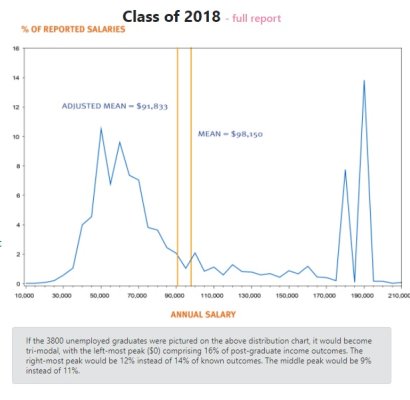I have to both agree and disagree.
There is a huge need for public intervention in higher education. President Lincoln created the Morrill Act to establish public research universities, because the church-affiliated private schools were not meeting the need. State universities have undeniably been a massive public good that has transformed our nation and it’s unthinkable for our economy that we would close them down. Same for the gargantuan benefits of federal research dollars, which flow to both public and private universities.
I agree fully that guaranteed student loans have warped and exploded tuition rates at both public and private universities with perverse incentives. Even worse, an entire for-profit university industry has emerge to feed off of federally-backed tuition loans as parasites, with abysmal graduation rates.
I understand the problem as an economics major who worked at a major state university for many years. However, my best solution is for families to be smarter with debt. Don’t let 18 year olds blindly bury themselves. There are ways to navigate the system intelligently, including taking as many AP courses as possible in high school, attending junior college for the first two years then transferring to a state school, ideally while living at home. And there is military service, Americorps, Peace Corps and part time work at UPS, etc. Crushing debt is, at least, optional.


